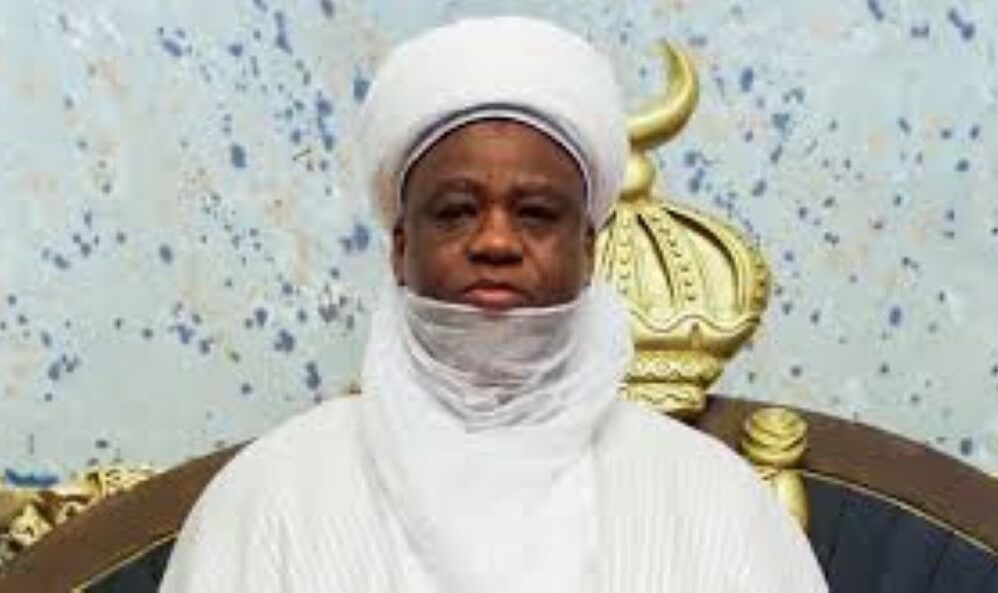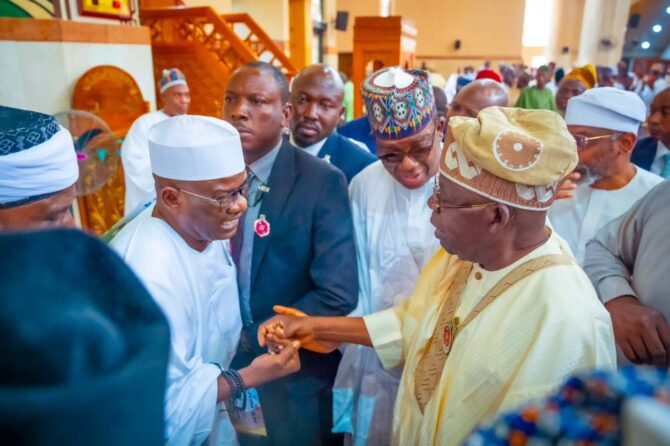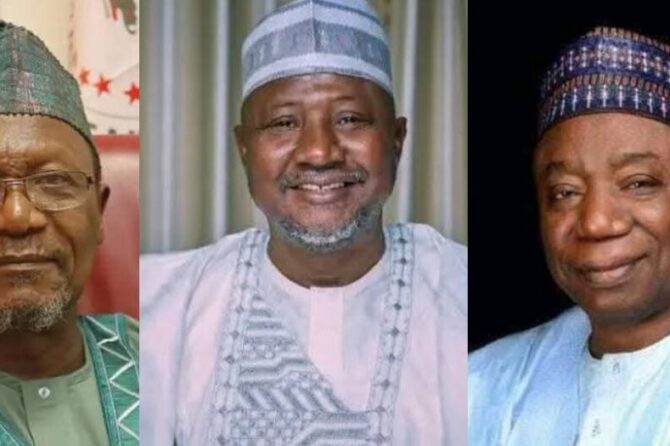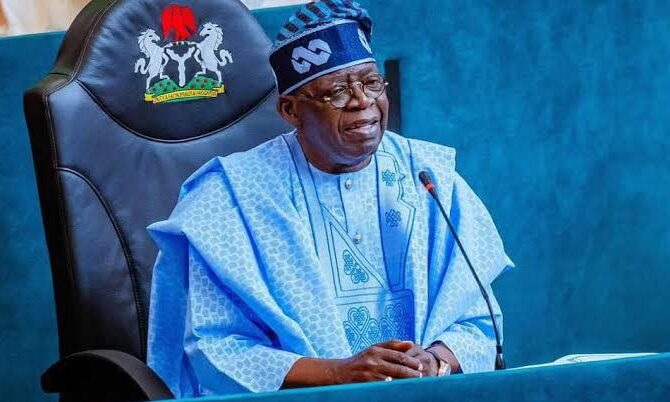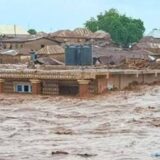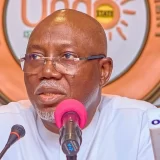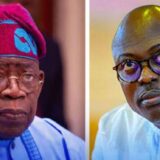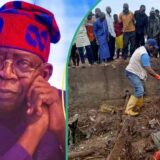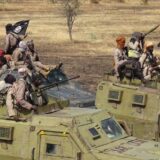Sultan of Sokoto Labels Social Media a ‘Terrorist Organisation’
MAIDUGURI, Nigeria — The Sultan of Sokoto, Alhaji Muhammadu Sa’ad Abubakar III, ignited national debate this week by describing social media as a “terrorist organisation” and urging security agencies to take urgent action against its misuse. His statement, made at the seventh executive committee meeting of the Northern Traditional Rulers’ Council in Maiduguri on April 16, 2025, has sparked widespread reactions from civil society, security experts, and the public.
What Happened? (The Lead)
At the high-level gathering of northern traditional rulers, the Sultan argued that social media platforms have become tools for spreading misinformation, inciting violence, and undermining national unity. “Social media is a terrorist organisation that we must deal with. Somebody will sit in his comfort zone and formulate stories, and you will discover that it is not true,” he said.
Context and Background (Nut Graph)
The Sultan’s remarks come in the wake of renewed violence in Plateau State, where over 50 people were killed in coordinated attacks. Authorities and rights groups have blamed the rapid spread of rumors and inflammatory content on social media for escalating tensions and complicating security responses. The Sultan questioned the effectiveness of intelligence gathering and called for stricter regulation of online platforms.
Reactions and Perspectives
Civil rights groups and many Nigerians criticized the Sultan’s comments, warning that labeling social media as a “terrorist organisation” risks justifying censorship and undermining freedom of expression. “How can you call social media a terrorist group while ignoring real terrorists?” wrote one user on X (formerly Twitter). Others, including some traditional and religious leaders, supported the Sultan, arguing that unchecked misinformation has fueled violence and instability in the region.
Security analysts note that while misinformation is a genuine threat, equating social media with terrorism could set a dangerous precedent for digital rights and press freedom in Nigeria. Amnesty International, while not directly addressing the Sultan’s statement, highlighted the government’s ongoing failure to protect civilians from violence, as seen in the recent Plateau attacks.
Supporting Quotes
- Sultan of Sokoto: “Social media is a terrorist organisation that we must deal with.”
- Civil Rights Advocate: “We need to tackle fake news, but not at the cost of free speech and open society.”
Why It Matters
The Sultan’s statement underscores the growing tension in Nigeria between national security and digital freedoms. As social media continues to shape public discourse and mobilize activism, calls for regulation are likely to intensify, raising questions about the balance between combating harmful content and protecting fundamental rights.


